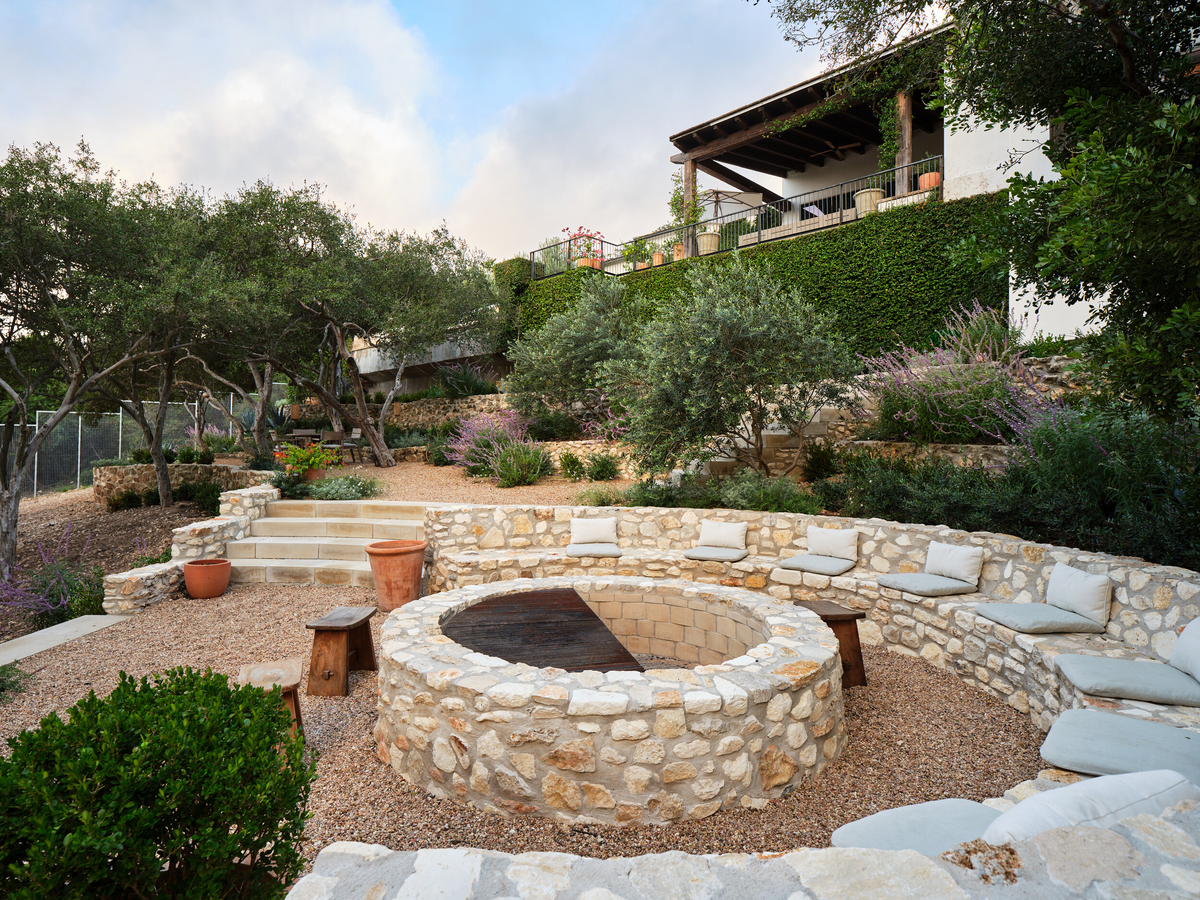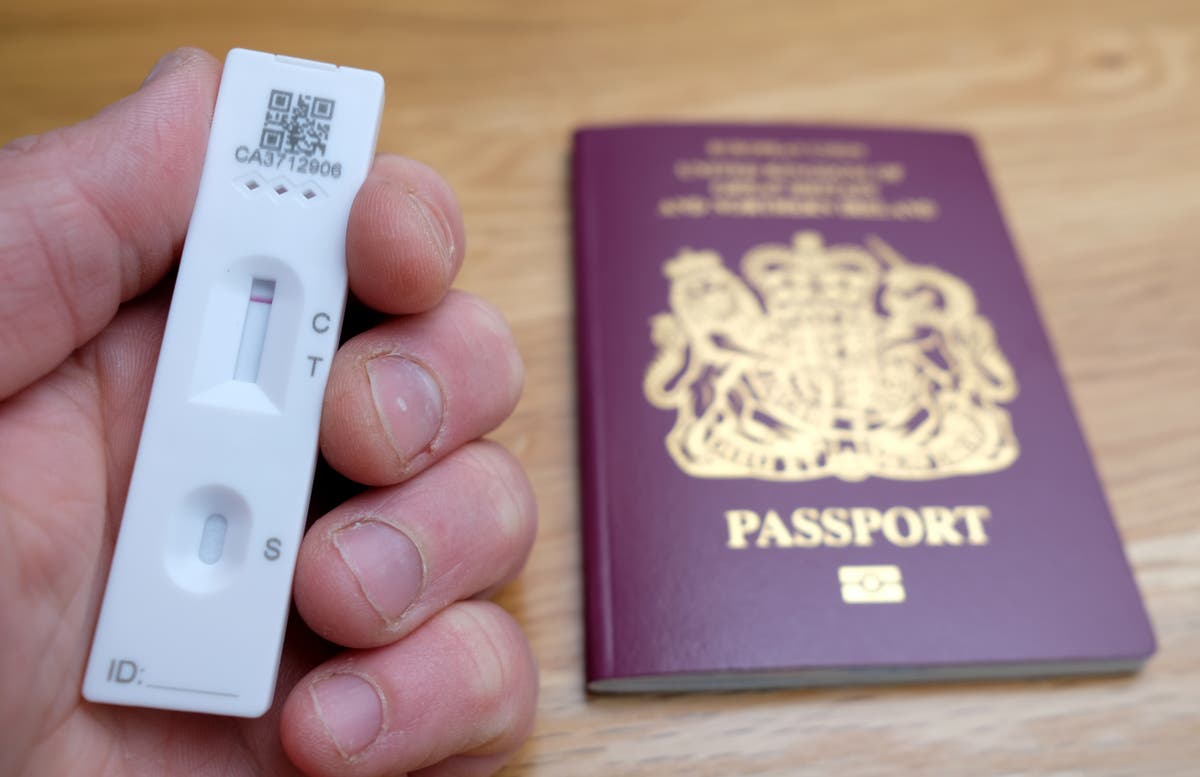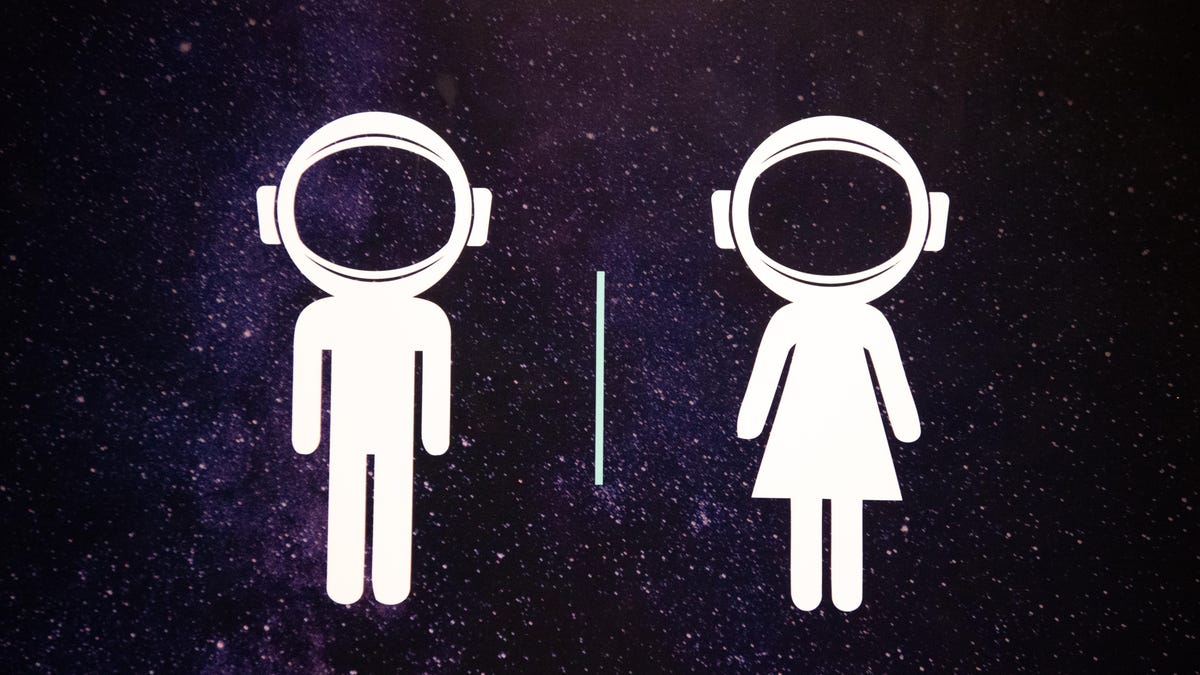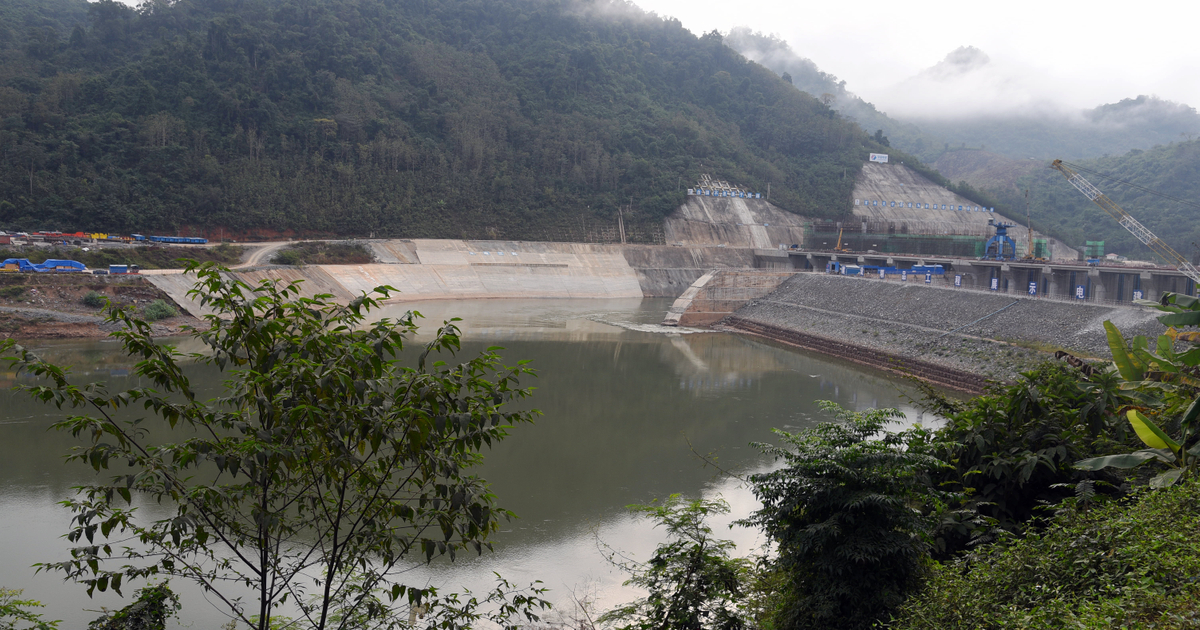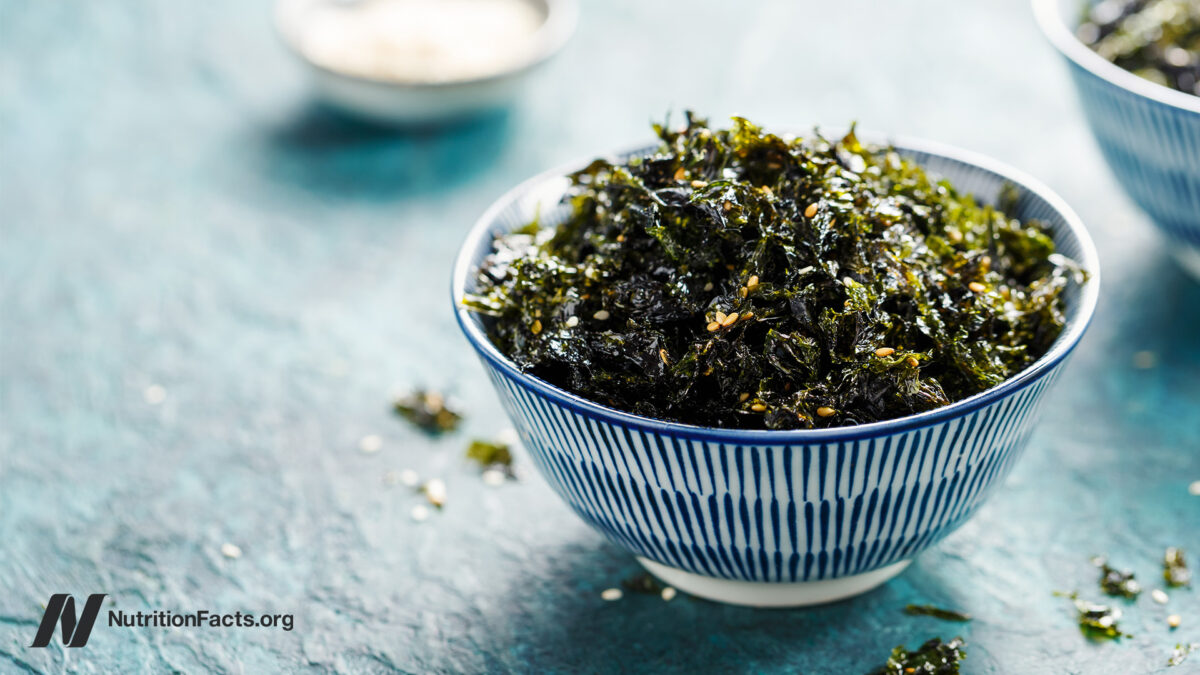The Difference Between Soil and Dirt
The meaning and usage of words often changes over time, but in some situations, words that are used interchangeably can have two (or more) distinctive meanings. Read more...
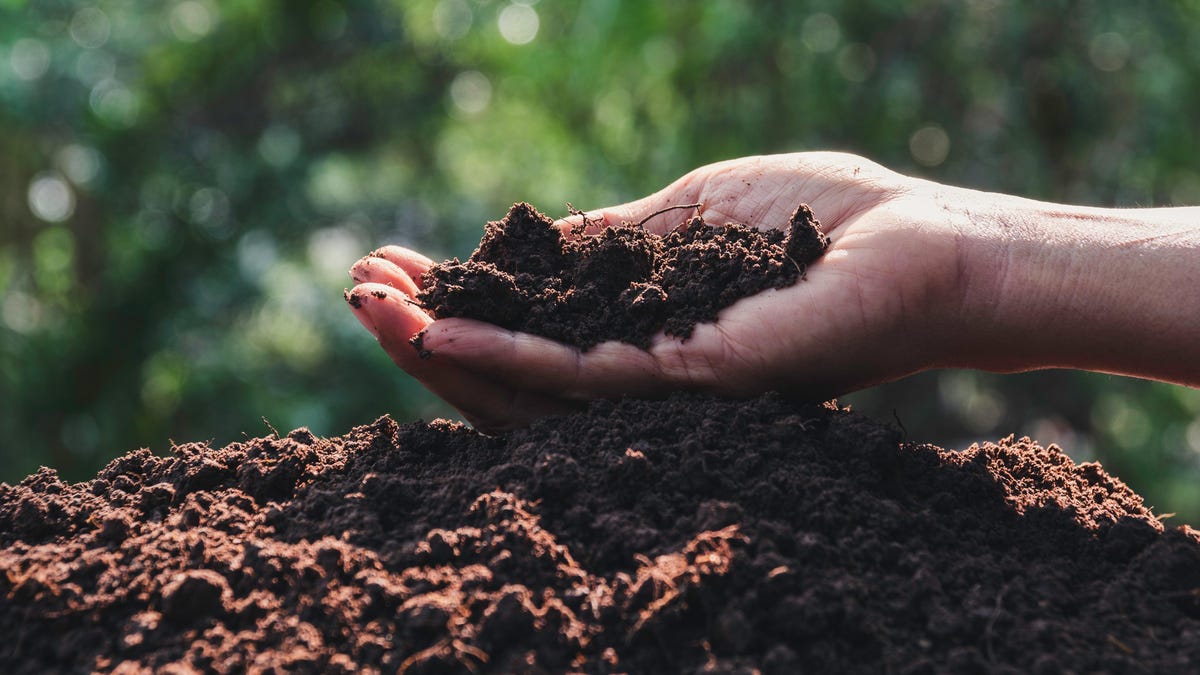
The meaning and usage of words often changes over time, but in some situations, words that are used interchangeably can have two (or more) distinctive meanings.
Take “soil” and “dirt,” for example. We talk about kids playing in the dirt, a soiled item of clothing, and dirty laundry. While it may appear as though the words mean the same thing, that’s not the case—especially in the context of lawns, gardens, and agriculture.
Here’s what to know about the difference between soil and dirt, and why it matters (at least to gardeners).
The difference between soil and dirt
You may not think much about the difference between soil and dirt, but in the worlds of gardening, agriculture, and geology, there are clear distinctions. The two most common quick explanations are that soil is alive, while dirt is dead; and that soil is what plants grow in, and dirt is what gets on your clothes when you’re working in the garden.
That’s a start, but the difference between soil and dirt is a bit more nuanced than that. Here are more detailed descriptions of each:
What is soil?
It may look unassuming, but soil is a complex ecosystem composed of dead and living organisms (organic matter), minerals, water, and air.
Soil is sometimes described at “Earth’s living skin,” given that it covers substantial portions of the planet’s surface, and contains “billions upon billions” of living organisms. In fact, the according to the U.S. Department of Agriculture, one spade of garden soil contains more species of organisms than can be found above ground in the Amazon rainforest.
Soil’s primary functions are to:
Sustain plant and animal lifeRegulate water flowFilter and buffer pollutantsCycle nutrientsBreak down crop residuesProvide physical stability upon which buildings and other infrastructure are constructedWhat is dirt?
Most dirt is made up of three components: Clay, silt, and sand. They come together in different ratios, and can also include some rocks or pebbles. Unlike soil, if you add some water to a handful of dirt, it won’t compact very well.
The biggest difference between soil and dirt is that dirt lacks the microbes found in soil—like fungi, bacteria, archaea, protozoa, and viruses—which plants need to grow and thrive.

 Fransebas
Fransebas 









